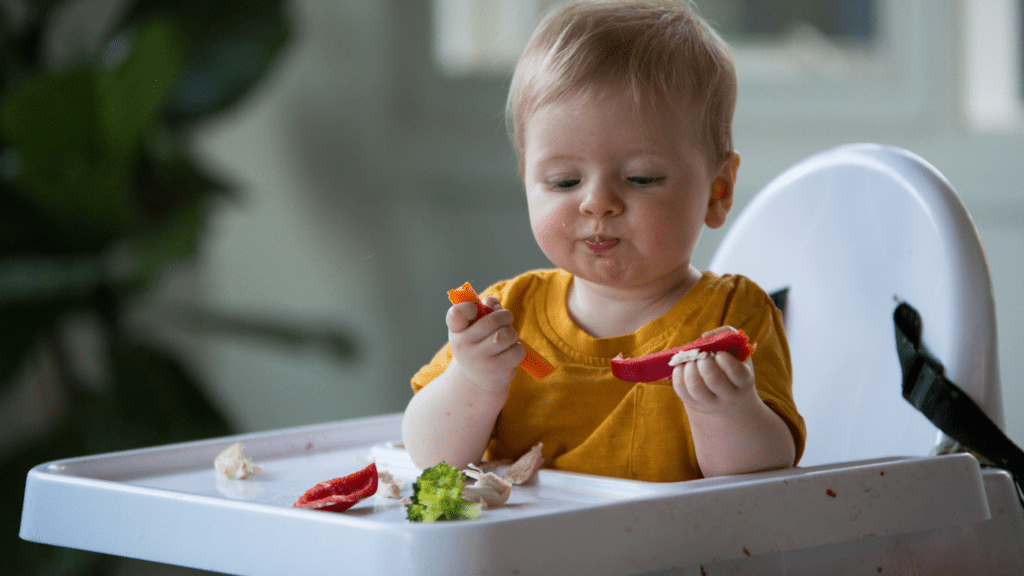Family life is the foundation where kids learn, grow, and thrive. I’ve always believed that the habits we practice together as a family shape not just our physical health but also emotional and mental well-being. From the earliest days of infancy to the ever-changing teen years, creating a healthy, supportive environment is key to nurturing development.
Importance Of Family Wellness Habits
Family wellness habits directly impact a child’s emotional, mental, and physical growth. Consistent practices like shared mealtimes, regular physical activity, and open communication create a stable foundation for healthy development. These habits teach children essential life skills, such as stress management and resilience, by modeling balanced behaviors.
Positive daily routines improve overall family dynamics. Families that set aside time for bonding activities, like game nights or outdoor exercises, nurture stronger relationships. These shared experiences boost emotional security, helping children feel supported and valued within the family unit.
Healthy habits also influence long-term behaviors. Regular exposure to nutritious eating, consistent sleep schedules, and problem-solving discussions shapes children’s attitudes toward health and self-care during adolescence and adulthood. Families that prioritize these habits provide children with tools to manage life’s challenges confidently.
Building Healthy Foundations In Infancy

Laying a strong foundation during infancy impacts a child’s long-term physical, emotional, and cognitive development. Consistent wellness habits in this stage create a secure environment for healthy growth.
Nutrition And Sleep Routines
- Establishing proper nutrition and sleep routines in infancy supports both brain development and physical health.
- Breastfeeding or formula feeding during the first year provides essential nutrients like DHA and iron for cognitive and immune system development.
- Introducing nutrient-rich solid foods, such as pureed vegetables and fruits, at around six months encourages healthy eating patterns.
- Consistent sleep schedules help regulate circadian rhythms during infancy. Newborns require 14-17 hours of sleep daily, including naps, while adhering to safely-designed sleep environments like using firm mattresses reduces SIDS risks.
- Over time, creating calming pre-sleep routines signals infants to relax and promotes longer, more restorative sleep cycles.
Promoting Emotional Bonding
Secure emotional bonds in infancy are crucial for social and emotional health. Skin-to-skin contact immediately after birth fosters attachment and regulates the infant’s heart rate and stress levels. Responsive caregiving, like attending to a baby’s cries promptly, nurtures emotional security and trust.
Regular activities such as talking, singing, and making eye contact enhance communication skills and social connection. Physical closeness during feeding, playtime, and lullabies enriches the parent-infant bond, laying the groundwork for emotional resilience in later stages.
Encouraging Wellness In Early Childhood
During early childhood, wellness habits directly influence a child’s physical, emotional, and social growth. Establishing routines that prioritize activity and emotional health sets the groundwork for lifelong well-being.
Active Play And Physical Activity
Active play supports:
- motor skills
- strengthens muscles
- improves coordination
Engaging children in activities like running, climbing, or dancing ensures regular movement while boosting cardiovascular health. For young children, unstructured play such as playing tag or hide-and-seek encourages creativity and social skills.
Structured activities, like swimming or gymnastics classes, enhance discipline and specific motor abilities. I prioritize outdoor activities whenever possible, as exposure to fresh air and natural sunlight contributes to vitamin D production and overall mood enhancement. Interactive games, such as tossing a ball or building with blocks, also foster hand-eye coordination and problem-solving.
Teaching Emotional Regulation
Early emotional regulation skills affect overall mental health and interpersonal relationships. Guiding children to identify and express their emotions develops self-awareness and resilience. For example, I encourage verbalizing feelings through simple phrases like “I’m sad” or “I’m upset.”
Modeling calm behaviors during stressful situations helps children learn to manage their emotions effectively. Additionally, tools like deep-breathing exercises or sensory activities assist in calming overwhelming feelings. Storybooks that address emotions, such as friendship or kindness, provide relatable scenarios for processing and navigating new experiences.
Fostering Healthy Development In Adolescence
Adolescence marks a critical stage of growth where guidance and supportive habits are essential for overall well-being. Families play a key role in creating a nurturing environment that encourages healthy emotional, social, and mental development.
Open Communication And Trust
I prioritize fostering open communication and trust as they are foundational during adolescence. Encouraging honest discussions allows teens to share concerns and seek guidance without fear of judgment. Regular check-ins, such as casual conversations during family meals, help me stay informed about their challenges and achievements while building mutual respect. I also set boundaries while remaining approachable, showing them that their thoughts and feelings matter.
Supporting Mental Health
I recognize the significance of mental health for adolescents as they navigate academic, social, and personal pressures. Creating a supportive atmosphere involves normalizing discussions about emotions and seeking professional help when needed. I introduce stress-relief activities like mindfulness exercises, journaling, and outdoor physical activities to manage anxiety. Monitoring their sleep and screen time ensures a balanced routine, reducing risks of mental fatigue and emotional instability.
Encouraging Positive Peer Relationships
I understand how influential peer relationships become during adolescence. Teaching them to identify healthy friendships and avoid toxic influences equips them with essential social skills. Family-led activities focusing on teamwork, such as volunteering or sports, promote collaboration and balance peer interactions. When conflicts arise, I guide them in resolving issues respectfully and maintaining strong, positive connections.





